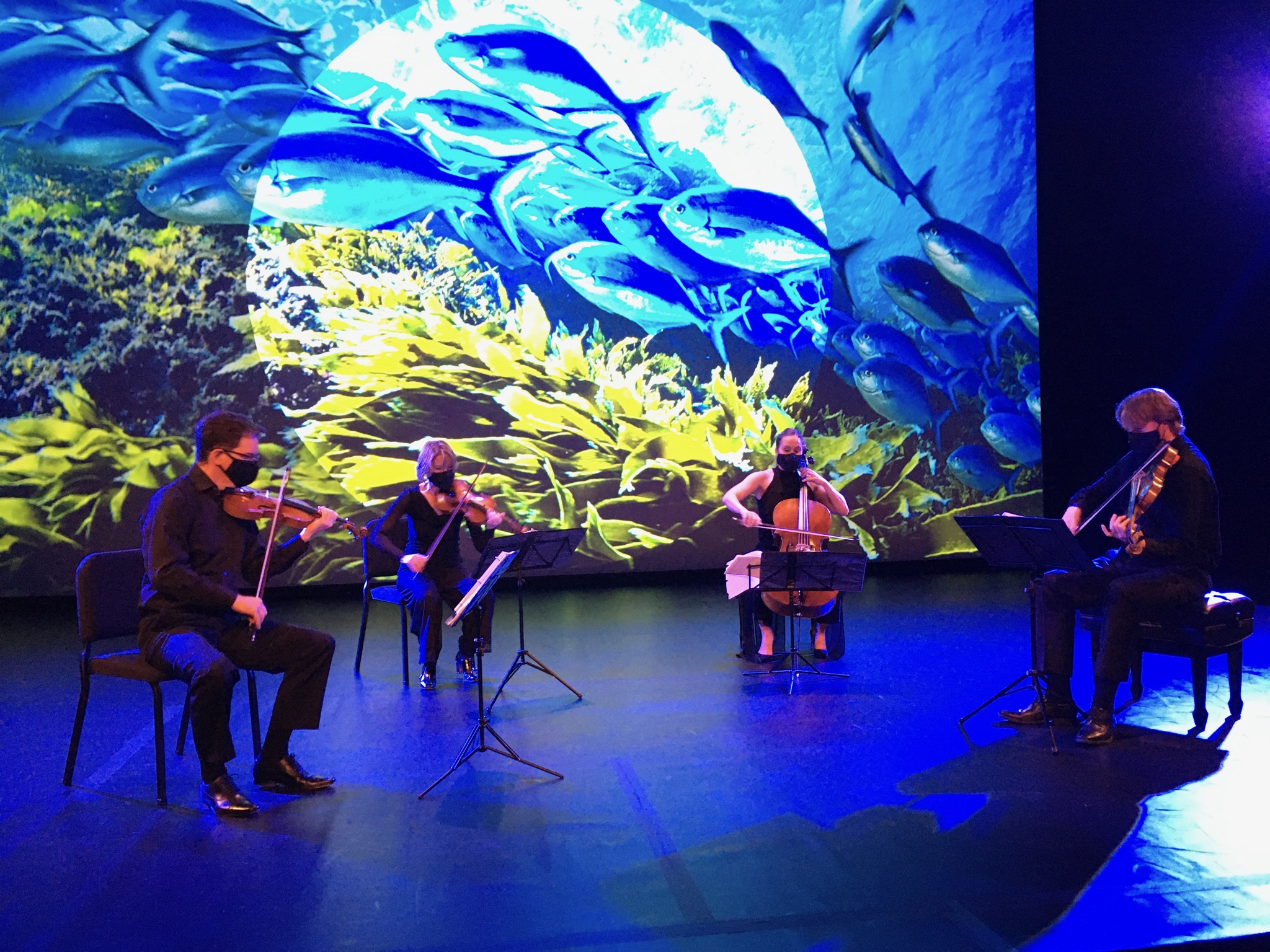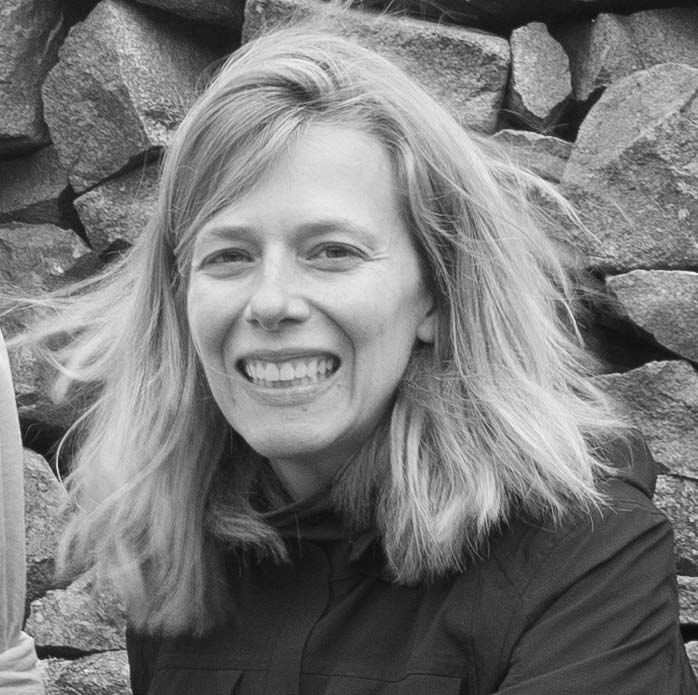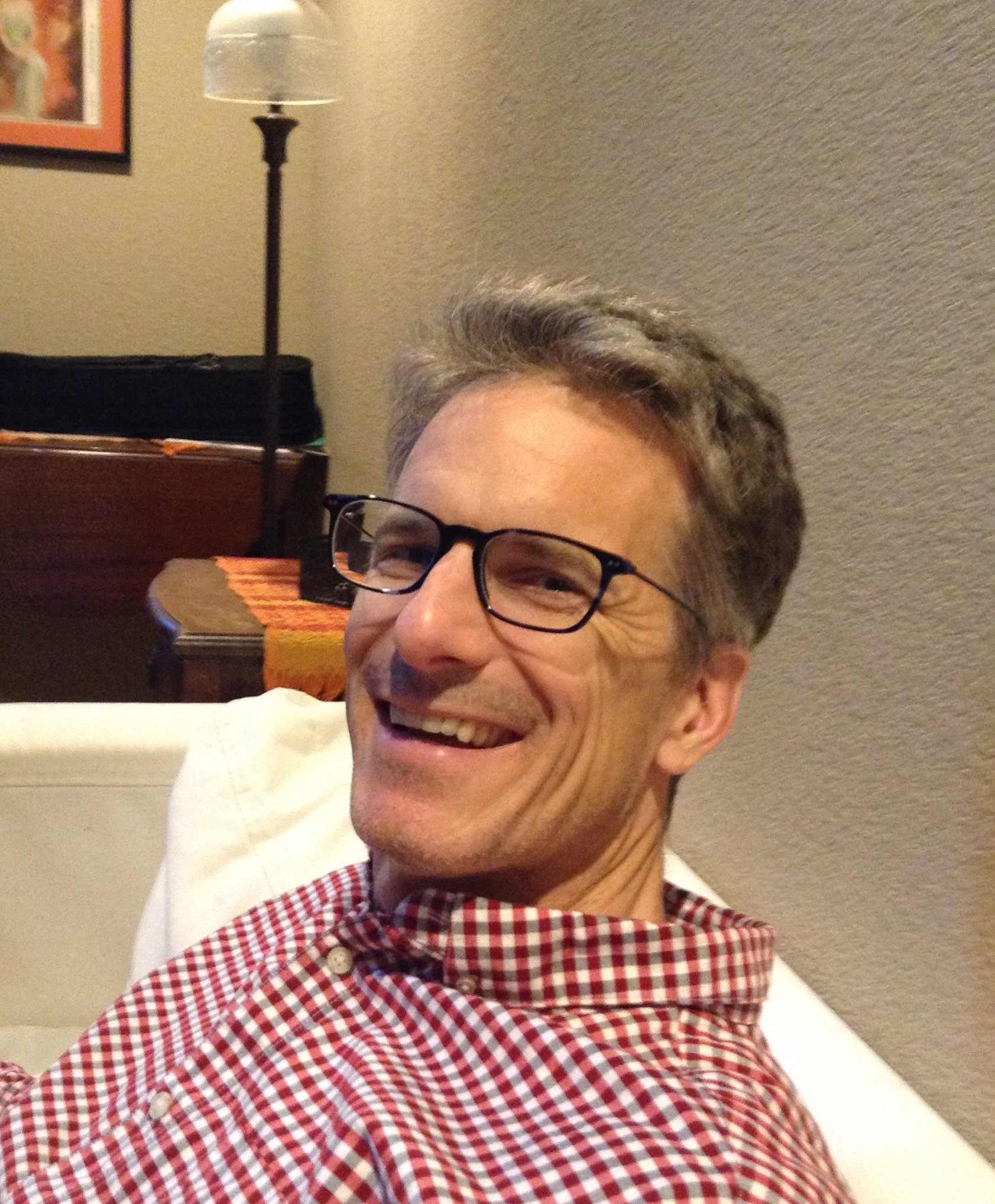SPRING QUARTER 2021
'Envisioning Climate Futures', Prof. Elizabeth Miller and Prof. Andrew Latimer
This seminar brings together literary and scientific ways of imagining the altered future we face. Through hands-on observation and interaction with a changing landscape, students will take the discussion of the classroom out into the real world and have a chance for sustained reflection and conversation. Imagining not simply the physical contours of the future, but what it will be like to be inside those future landscapes, plays a vital role in generating action and agency among young people who are grappling with the prospect of a diminished natural world.
With guidance from a climate change ecologist and a scholar of literature and the environmental humanities, students will interrogate scientific works and literary works side by side. Professor Latimer’s experience in modeling futures for our fire-afflicted forests and landscapes of California, and Professor Miller’s experience reading speculative, future-oriented literatures of the past (such as science fiction and utopian fiction) will together provide students with a range of ways to envision our climate futures out of the materials of our climate past and climate present.
Perhaps the best-known examples of this kind of envisioning are the IPCC Reports, which drive news coverage of climate change and guide policy responses such as the Paris Agreement. These texts synthesize thousands of individual scientific studies to reach evidence-based conclusions, while at the same time telling a convincing story. In their many publications, individual scientists develop narratives, make assumptions, adopt and suppress particular perspectives. But often scientific works fall short in allowing people to envision the future concretely, and an equally necessary part of the cultural response to climate change comes in more imaginative forms such as works of literature and the visual and performing arts.

Associated Artist -The Fry Street Quartet
Fry Street Quartet, Rising Tide: The Crossroads Project online performance date: Wednesday, April 14, 2021 - 7:30pm

Elizabeth Miller, Department of English
Professor Miller joined the UC Davis English department in 2008 after receiving her Ph.D. as well as her M.A. from the University of Wisconsin, Madison. She served as Department Chair from 2013-2016, and before coming to Davis she taught at Ohio University, the University of Michigan, and the University of Oklahoma. Her scholarly interests include nineteenth- and early-twentieth-century literature of the British Empire, ecocriticism and environmental studies, gender studies, and media studies. She has published two books and her third book, titled "Extraction Ecologies and the Literature of the Long Exhaustion," is forthcoming Fall 2021; it focuses on the history of industrial mining and overseas extraction in narrative literature from the 1830s to the 1930s, and argues that the transition to an extraction-based economy was coeval with deep conceptual changes to human understandings of the environment as finite and exhaustible. In 2018, she also guest-edited a special issue of Victorian Studies on "Climate Change and Victorian Studies." In the English Department, Miller teaches classes on British literature, children's literature, women's writing, the environmental humanities, and the energy humanities.

Andrew Latimer, Department of Plant Sciences
Professor Latimer joined the UC Davis Plant Sciences Department and Ecology Graduate Group in 2008, after receiving a PhD from UConn, and many years after receiving a JD from Yale Law School and working briefly as an environmental lawyer. He teaches classes about plant ecology, fire behavior and fire ecology, forests, and statistical methods for environmental scientists, and taught a field-trip based 1st-year seminar called “California on Fire” the last time the nearby Stebbins Cold Canyon Reserve burned in 2015. Little did we know how much more fire would sweep through the state since then! Latimer studies the response of plant populations and communities to global change, including changing patterns of fire and drought. He advises graduate students and postdocs who conduct research on climate change effects on California’s grasslands, shrublands, and forests. Since 2017, he has served as Faculty Director for the UC Davis Natural Reserve System, a network of field stations that support research, teaching, and outreach and serve as a natural observatory system for the campus and the state.